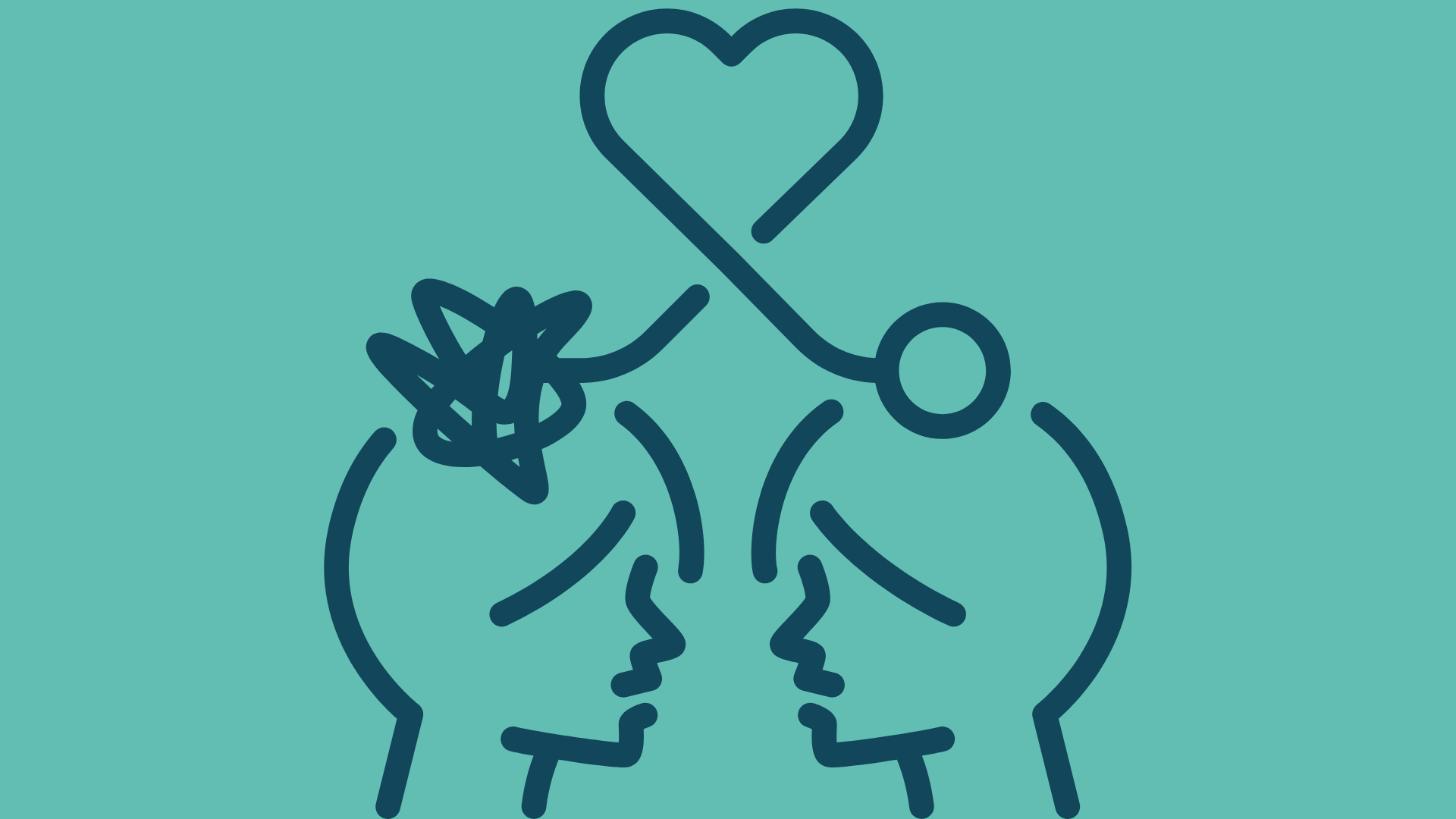Welcome to Strategic Wholeness
Strategic Wholeness is a home for reimagining what leadership, culture, and organizational systems can be. We exist to restore humanity to the heart of how we work and lead—strategically, relationally, and regeneratively.
We begin with a simple truth: the health of our systems is connected to the wholeness of the people who lead them.
What do we mean by Strategic Wholeness?
Strategic Wholeness is an integrated philosophy, operational framework, practices, and way of being. It weaves healing-centered wisdom with systems thinking, adaptive leadership, and values based design principles that honor both human flourishing and organizational vitality. It is a mindset that asks: How can we create conditions where people, purpose, and systems are in alignment—so that both well-being and impact can thrive?

What Wholeness Means in Leadership
& Organizational Life
Strategic Wholeness is not just a static state—it is a living practice of aligning how we lead, how we design systems, and how we show up in relationship with others. In organizations rooted in wholeness:

Individuals are honored as whole beings...
In body, mind, spirit, and story, leaders and cultures recognize that people do not leave their lived experiences, identities, or humanity at the door. Wholeness invites space for emotional presences, cultural wisdom, and personal growth as essential aspects of professional life.
For example: An executive coaching program integrates somatic practices alongside strategic planning to support leaders in aligning internal and external leadership presences.

Purpose, well-being, and performance are integrated—not in competition...
A strategically whole organization understands that outcomes improve when people are thriving, connected to purpose, and supported. It rejects the false binary of "mission vs. margin", or "wellness vs. effectiveness".
For example: An organization adopts new work rhythms— including reflection days, regular feedback loops, and community innovation and learning tabs— to build capacity for both innovation and well-being.

Relationships and systems are actively repaired and redesigned...
Wholeness calls us to examine where harm, inequity, or disconnection have shaped organizational life—and to take responsibility for repair and redesign. This is not about performative inclusion.
For example: An organization implements restorative circles and re-examines its compensation structures to align pay equity and trust-building.

Leadership is relational—not transactional...
Wholeness shifts leadership from control and compliance to resonance and relational stewardship. Leaders attend to how power is held and shared, how decisions are made, and how trust is cultivated.
For example: A leadership team commits to shared governance practices, that is inclusive, with rotating facilitation meetings and transparent decision-making protocols.

Healing and innovation are braided together...
The most strategic, adaptive organizations understand that healing (individual and collective) is foundational to creativity, innovation, and adaptability. They normalize spaces for grief, restoration, and celebration as part of organizational life.
For example: After a challenging merger, an organization offers facilitated healing spaces alongside innovation labs to rebuild trust and co-create the future.

Systems are treated as living ecosystems—not machines...
In wholeness, organizations recognize themselves as ecosystems that must adapt, learn, and regenerate. Leaders prioritize feedback loops, learning cultures, and relationship with community—not just efficiency.
For example: A foundation redesigns its grantmaking to prioritize ongoing relationship-building with grantees and learning partnerships over transactional funding cycles.
Strategic Wholeness isn't about perfection or arriving—it is about creating the conditions for people and systems to thrive, adapt, and do meaningful work, together.
Why Organizations Need This Now
Without a conscious shift toward Wholeness, most leadership models still center extraction, hyper-productivity, and individualism—treating people as inputs and culture as an afterthought.
What's Happening Now:
- High turnover and disengagement—employees feel unseen, undervalued, misaligned with purpose.
- Leadership silos and fractured trust—hierarchy and competition block collaboration.
- Burnout and reactive management—output prioritized over resilience and care.
- Cultures of fear and avoidance— psychological safety is absent, innovation stifled.
- Missed opportunities for adaptive growth—outdated practices dominate, wisdom ignored.
- Values not embodied—leaders' words and actions are disconnected.
What Whole Organizations Prioritize:
- Accountable leadership—integrity, feedback, and repair are modeled at every level.
- Supportive infrastructure—staff are resourced for both performance and well-being.
- Purpose and belonging—people's gifts and values are honored in meaningful work.
- Adaptive learning—systems evolve with complexity, not against it.
- Values in action—culture and operations align with what's proclaimed.
- Generative conflict—conflict becomes openings for growth, not avoidance.

